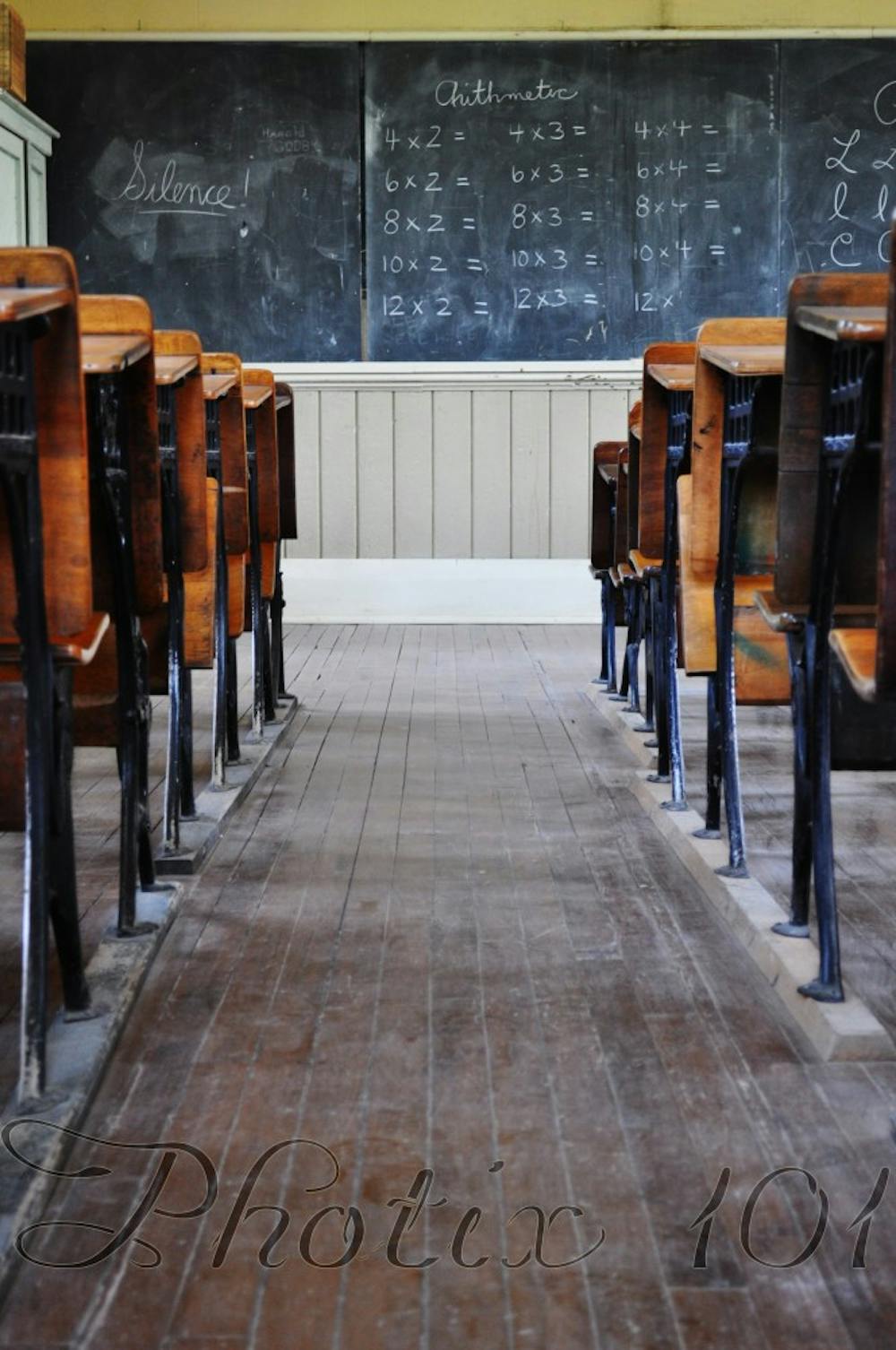
Debate over school district funding and charter school expansion has dominated Philadelphia’s public discourse for years, so it is no surprise that the city’s public school system is becoming a decisive issue in the upcoming mayoral election.
With the Democratic primary on May 19, the two front-runners, State Sen. Anthony Hardy Williams and former Philadelphia District Attorney Lynne Abraham, are working hard to claim the issue as their own.
“Our city’s economy, education and quality of life are all falling behind,” wrote Abraham in a letter on her website entitled “Why I’m Running.” “A transformational leader listens to teachers and parents about how our schools can help students grow into productive workers in the new economy.”
While Philadelphia’s economy has improved over the last few years, its school system hasn’t exactly followed. The Philadelphia School District ranks 441 out of 459 school districts in Pennsylvania, according to a ranking by SchoolDigger.com. In addition, the city’s public schools currently face an $81 million budget deficit. Furthermore, a recent Pew study released on Jan. 16 calculated that the Philadelphia school system spent $12,570 per pupil in 2013-14, which is less than many other major metropolitan cities, such as Boston, Cleveland, New York, Baltimore, Chicago and Detroit.
“First you have to fund it before you can have a good shot at fixing it,” President of the Philadelphia Education Fund Darren Spielman said. “But at the same time, the funds alone aren’t going to fix it. It’s just like showing up to a track meet without your spikes on.”
However, the budgetary issues are both a local and statewide problem. “I’m hoping we have a mayor that takes a very serious look at what they think local share of the school budget will be the percent of education budget provided by the city versus the state,” Spielman added.
In 2013-14, 46 percent of Philadelphia school district’s operational revenue came from the state. An increase in funding would at least in part need to come from the state, which currently sports a budget deficit of over $2 billion of its own.
With these challenges, some have argued that charter school expansion could help in terms of cost and performance.
While Williams’ campaign platform on his website expresses similar sentiments about improving traditional Philadelphia public schools, he has been an active advocate for an expansion of charter schools in the city.
“Anthony is a nationally recognized advocate for public charter schools,” reads his campaign website. “He is the architect and sponsor of Pennsylvania’s landmark public charter school legislation, and a leading voice for charter school accountability in Philadelphia.”
While some charter schools have shown promising results, it is unclear if they are the future of public education and the solution to Philadelphia’s public education woes.
“I would be excited to see a candidate for mayor that neither blindly presumes that charterizing the city will solve the education problem, nor blindly parodying a union-based critique of charter schools,” Spielman said.
“There is no silver bullet solution.”
The Daily Pennsylvanian is an independent, student-run newspaper. Please consider making a donation to support the coverage that shapes the University. Your generosity ensures a future of strong journalism at Penn.
DonatePlease note All comments are eligible for publication in The Daily Pennsylvanian.





